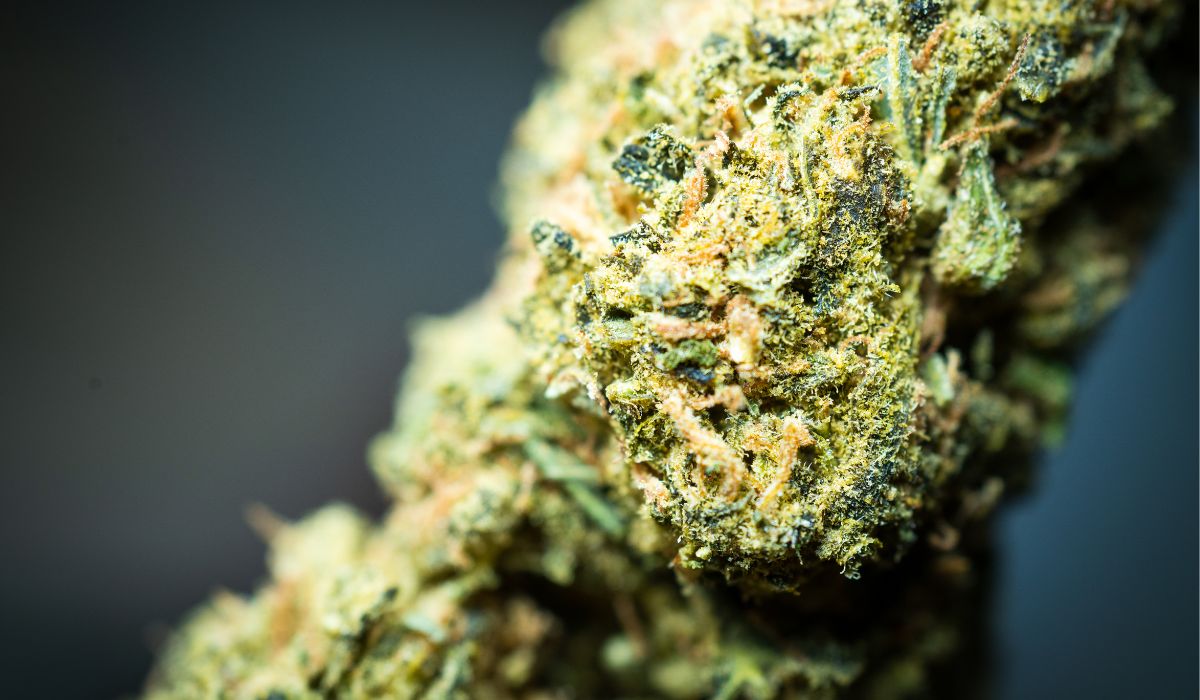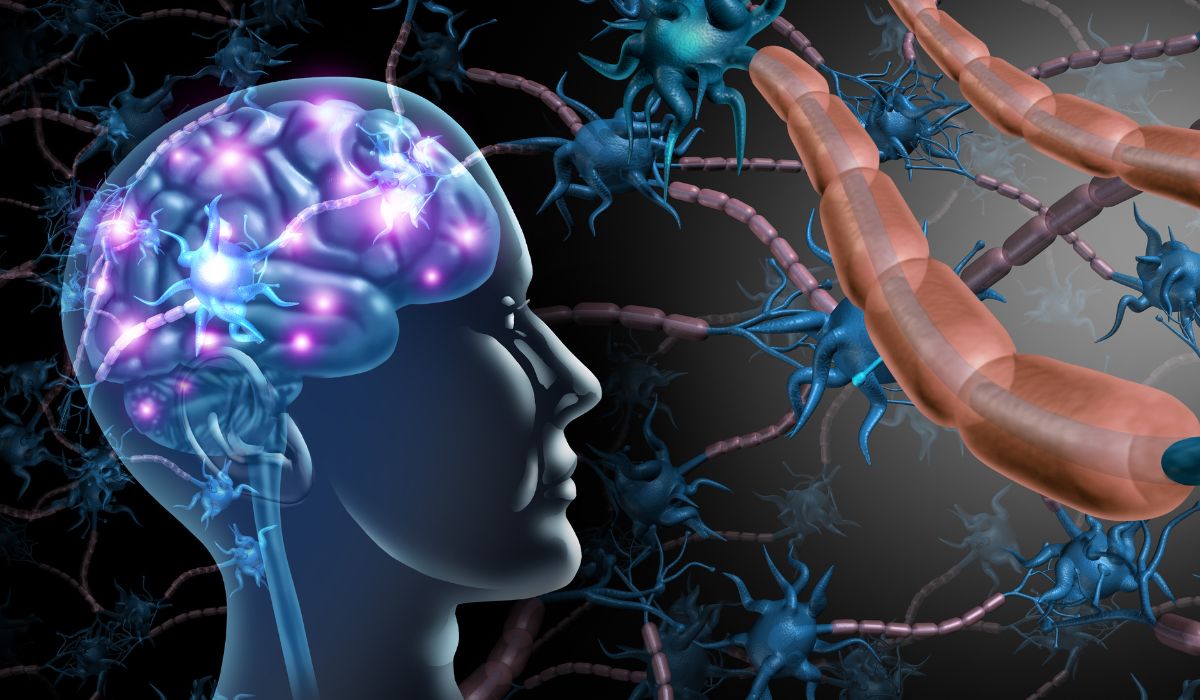Can Cannabis Kill Brain Cells?
Many people ask, “Can cannabis kill brain cells?” This is a good question. Cannabis comes from a plant and is often smoked or used for medical reasons. But is it safe for your brain? Let’s explore what science and health experts say.

What Is Cannabis?
Cannabis is a plant that people use for many reasons. Some use it to feel euphoria (a happy high), while others use it for pain or mental health issues. The main chemical in cannabis is called tetrahydrocannabinol, or THC. THC is a type of cannabinoid, which affects the human brain.
Cannabis also interacts with the endocannabinoid system, which helps control mood, appetite, and sleep. It connects to special parts of the brain called cannabinoid receptors. These receptors help send messages between neurons (brain cells).
How Cannabis Affects the Brain
When someone smokes cannabis, THC enters the blood and reaches the central nervous system. It can change how a person thinks, feels, and acts. THC can slow down reaction time, lower attention, and affect working memory. Some people may even feel paranoia, anxiety, or experience hallucinogen-like effects.
Cannabis use has been linked to problems with:
-
Concentration
-
Cognition (how we think)
-
Behavior
-
Mental disorder risk (like schizophrenia or psychosis)
What Research Says About Brain Cells and Cannabis
Scientists have done many studies, like the ABCD study and twin studies, to understand how cannabis affects the brain. Some research used neuroimaging (brain scans) to see changes in the grey matter, prefrontal cortex, cerebellum, and hippocampus. These parts help with intelligence, verbal memory, and decision-making.
One longitudinal study showed that heavy cannabis use in adults may lead to cognitive impairment. That means their brains didn’t work as well over time. Another experiment on rats showed signs of neurotoxicity, which means damage to nerve cells. The rats had more cell death, also known as apoptosis.
But here’s the important part: The studies did not show direct death of brain cells in humans from normal cannabis use. There is some evidence, but it’s not enough to say cannabis kills brain cells the way alcohol or other drugs might.
Risks of Heavy Cannabis Use
Heavy or frequent cannabis use can be risky. It can lead to:
-
Problems with memory and verbal memory
-
Issues with emotion, mood, and stress
-
Relapse in people with addiction
-
Increased impulsivity
-
Poor sleep and more fatigue
-
Worsening of mental health like anxiety, psychosis, or paranoia
It may also increase the risk of dual diagnosis, which means having both a mental disorder and a substance abuse problem. Some patients with schizophrenia have a worse time if they use cannabis often.

Cannabis and Young Brains
Cannabis may be more harmful to young brains than adult ones. The brain is still growing until about age 25. Using cannabis before this age may cause lasting problems in attention, intelligence, and cognition.
Young people who use cannabis heavily may show changes in their grey matter, cerebral cortex, and hippocampus. These changes may lower concentration and memory for school or work.
Medical Cannabis: Is It Safer?
Doctors, also called physicians, sometimes suggest cannabis for health issues. It may help with:
-
Muscle spasms in multiple sclerosis
-
Seizure control
-
Ulcerative colitis or colitis
-
Migraine pain
-
Appetite in menopause or cancer
-
Nausea and vomiting from medication
Still, medical cannabis can have side effects. Some patients feel dizziness, fatigue, or irritation. It’s important to talk to your doctor and make sure the dose is safe.
Cannabis vs. Other Drugs
Cannabis is not as deadly as opioids, which can slow blood pressure and cause overdose. It’s also not as toxic to the nervous system as some stimulants or alcohol. Still, cannabis is a drug and can cause toxicity when used too often or in high amounts.
Some people use cannabis with other substances. This can increase the risk of addiction, relapse, or even violence in some cases.
Can Cannabis Be Addictive?
Yes, cannabis can be addictive for some people. People who use it often may have trouble quitting, even if it hurts their mental health or school/job. This is a sign of substance abuse.
Signs of cannabis addiction include:
-
Using more than planned
-
Feeling cravings
-
Skipping work or school
-
Needing more to feel the same effect
-
Having withdrawal symptoms like poor sleep, sadness, or stress
Are There Security Solutions for Cannabis Risks?
Good rules and security solutions can help people use cannabis more safely. These may include:
-
Age limits for purchase
-
Clear labels on THC dose
-
Public education on risks
-
Access to psychiatry and mental health care
-
Help for sobriety and relapse prevention
-
Covered care through insurance
What Helps Protect the Brain?
To keep your brain strong, try these tips:
-
Eat healthy nutrition (fruits, vitamin, and glucose)
-
Exercise for better oxygen and blood flow
-
Get enough sleep
-
Avoid heavy substance use
-
Talk to a doctor if you have anxiety, depression, or other concerns
-
Keep your brain active with puzzles or reading
Cannabis and Special Groups
Cannabis may affect some groups more than others:
-
Pregnancy: Can harm the baby’s brain development
-
Diabetes: May affect glucose and appetite
-
Older adults: Higher risk of dementia and falls
-
Mental illness: May worsen psychosis, schizophrenia, or paranoia
It’s best to speak with a physician before using cannabis if you’re in one of these groups.
What Science Still Needs to Learn
There’s still a lot of research to do. While some evidence shows cannabis can affect the brain, we still don’t know:
-
The full effects of cannabis on the cerebral cortex
-
How it changes the peripheral nervous system
-
If cannabis causes long-term cell death in humans
-
How much frequency of use leads to cognitive impairment
Many experts say we need more studies using neuroimaging, epidemiology, and long-term tracking.

Seeking Treatment? We Can Help!
We work with PPO Out of Network Health Insurance Policies
If you or a loved one are struggling with mental health challenges or substance abuse, reach out to Mountain Sky Recovery today. Our team of compassionate professionals is here to support your journey towards lasting well-being. Give us a call at 951-498-5412. Visit SAMHSA for more information.



